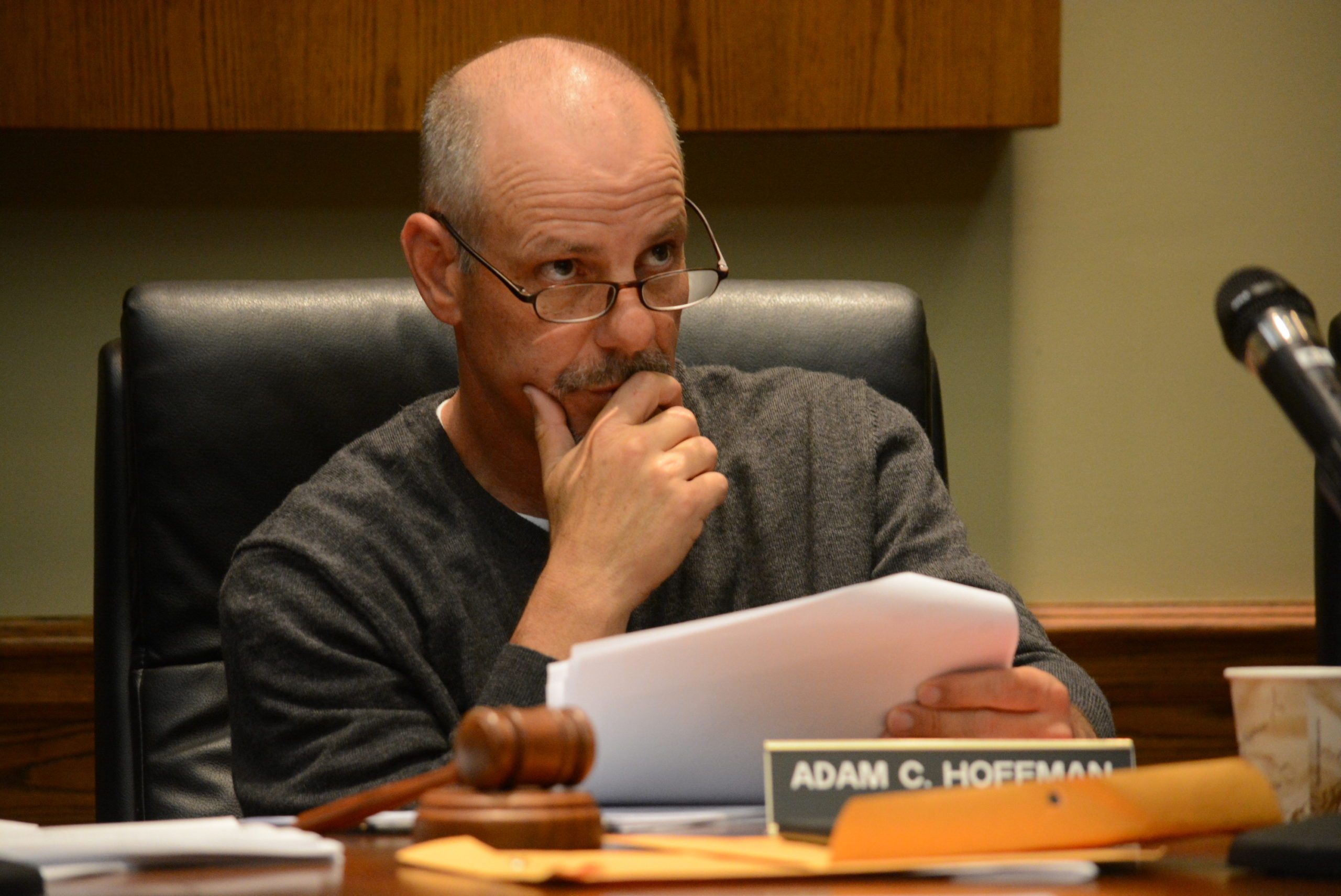Lake Success officials heard a proposition to install 13 nodes to improve cellphone coverage in the village on Monday night, but took no formal action and requested more specifics.
Representatives from ExteNet Systems, a company that designs, builds and manages distributed networks, said that installing the nodes throughout the village could “provide better coverage and capacity” for cellphone users.
The company also said they would not be instrusive, with shoebox-sized transmitters and two-feet-tall antennas being installed on vertical fixtures.
“What we’re proposing is a distributed antenna system, which is long for DAS,” Chris Fridrich, a senior radio-frequency engineer for the company, said in a later interview. “And what that is is basically bringing the cellphone coverage down into existing structures.”
While Lake Success has struggled with cellphone coverage in the past, Mayor Adam Hoffman said the issues got worse, and must be addressed, because more people need their cellphones for day-to-day life.
“It’s getting worse according to cell carriers … As people use cellphones more, it tends to make things worse with cellphone service,” Hoffman said in an interview.

At the hearing, both trustees and representatives noted holes in coverage in the Lake Success area that need to be patched. They said that cellphone service can be very poor.
“I can sit in my kitchen, with my cellphone, and have four dropped calls in 10 minutes,” Deputy Mayor Stephen Lam said at the public hearing.
Hoffman said the village has investigated improving cellphone service for some time and has received numerous residential complaints. But installing towers proved infeasible, Hoffman said, so officials looked into other methods.
“In the past, we were looking at cell towers,” Hoffman said, “but it became a really complicated issue of where to put it.”
ExteNet Systems representatives said the plan would cover most of the village but they need to go back to Verizon, with whom they have a contract, for details on how to give the northern portion better coverage.
The installation could also give the village $15,000 to $20,000, Hoffman noted, but “it’s not a lot.”
“We’re not doing it for the money, honestly,” Hoffman said, “we’re doing it for the residents.”
The presentation came a few months after ExteNet Systems first approached the village and North Hempstead contemplated installing cell nodes, Hoffman added.
Verizon would be the first carrier to come in because ExteNet Systems has a contract with the company. But other carriers could follow, Hoffman said.
Fridrich and Hoffman said that Verizon and ExteNet hope to have a project finished sometime in 2018. This will involve going through the Planning Board, environmental review and other levels of approval, they said.
In other business, officials approved a $225,000 bond for the purchase of golf machinery and paving work for a golf path, heard a proposal from We’re Associates to convert over 23,000 square feet of office space into a self-storage facility, and approved three environmental commission appointments.



